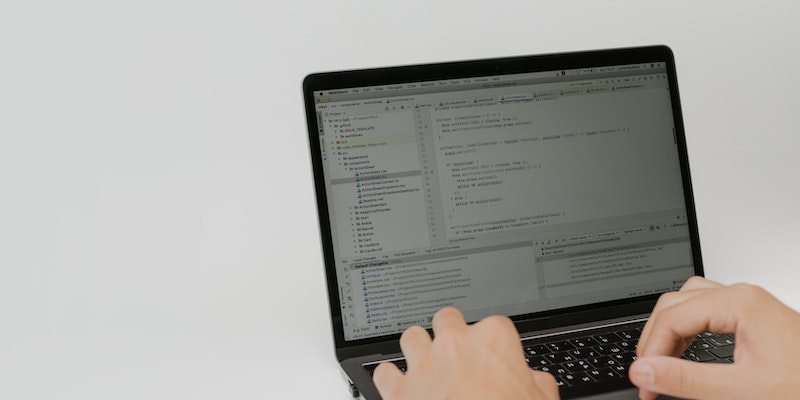Microsoft’s October Patch Tuesday update brings crucial fixes to address security vulnerabilities, including two zero-day vulnerabilities actively exploited by cybercriminals. Additionally, a critical-rated, wormable bug in Message Queuing has raised concerns for administrators of vulnerable systems. With a total of 103 CVEs addressed, this comprehensive update aims to safeguard users’ data and systems.
Total Number of CVEs Addressed
This month’s update tackles a multitude of vulnerabilities, with 103 CVEs effectively addressed by Microsoft. These fixes span across various applications and services, underscoring the importance of prompt installation.
First Zero-Day Vulnerability: Information-Disclosure Bug in WordPad
One of the zero-day vulnerabilities actively exploited is an information-disclosure bug in WordPad, Microsoft’s word processing program. This flaw exposes the potential for NTLM relay attacks, enabling attackers to gain unauthorized access to sensitive information. The urgency of applying the patch cannot be understated, as this vulnerability has the potential to cause significant damage if left unaddressed.
Second Zero-Day Vulnerability: CVE-2023-41763 in Skype for Business
Another zero-day vulnerability in Skype for Business presents a significant threat to system administrators. This vulnerability, labeled CVE-2023-41763, has the potential to reveal IP addresses and port numbers, compromising users’ privacy and potentially aiding in further attacks. Immediate action is essential to prevent any potential exploitation of this vulnerability.
Multiple Vulnerabilities in MSMQ
Microsoft has identified a disturbing total of 20 vulnerabilities in Message Queuing (MSMQ). Among them, one stands out as the most alarming issue of the month – an exploit that allows unauthenticated remote code execution without any user interaction. It is imperative for organizations utilizing MSMQ to patch their systems promptly, as this vulnerability can have severe consequences if exploited.
Elevation-of-Privilege Vulnerability in Windows IIS Server
A critical elevation-of-privilege vulnerability in Windows Internet Information Services (IIS) Server poses a severe threat to system security. Successful exploitation of this vulnerability grants an attacker the ability to log onto an affected IIS server as another user, potentially leading to unauthorized access and misuse of sensitive data. Addressing this vulnerability promptly should be a priority for system administrators.
Group of RCE Vulnerabilities in Layer 2 Tunneling Protocol
A notable group of nine Remote Code Execution (RCE) vulnerabilities has been identified in the Layer 2 Tunneling Protocol (L2TP). Particularly concerning is the fact that these vulnerabilities possess a network-based attack vector and require no user interaction for their exploitation. With such vulnerabilities, attackers can potentially gain unauthorized access to systems and wreak havoc within networks.
RCE Vulnerability in Microsoft Windows Data Access Components OLE DB Provider for SQL Server
A Remote Code Execution (RCE) vulnerability has been found in the Microsoft Windows Data Access Components OLE DB provider for SQL Server. This vulnerability allows potential attackers to execute arbitrary code on targeted systems. If not patched, this vulnerability can compromise a system and potentially grant unauthorized access to sensitive data stored within SQL Server databases.
Last updates for Windows 11 21H2 and Microsoft Server 2012/2012 R2
The October Patch Tuesday update marks the final round of updates for Windows 11 21H2 and Microsoft Server 2012/2012 R2. As these versions will no longer receive public updates, it is crucial for users to apply these last patches to effectively safeguard their systems. Failing to do so leaves these systems vulnerable to exploitation and poses a significant risk to data security.
Microsoft’s October Patch Tuesday update plays a crucial role in addressing critical security vulnerabilities, including two actively exploited zero-day vulnerabilities and a wormable bug. With 103 CVEs fixed, the update provides comprehensive protection for users. System administrators should promptly apply the patches to mitigate the risks associated with these vulnerabilities, fortifying their systems against potential threats and ensuring data security. By taking this proactive approach, users can effectively safeguard their devices and protect sensitive information from falling into the wrong hands.

